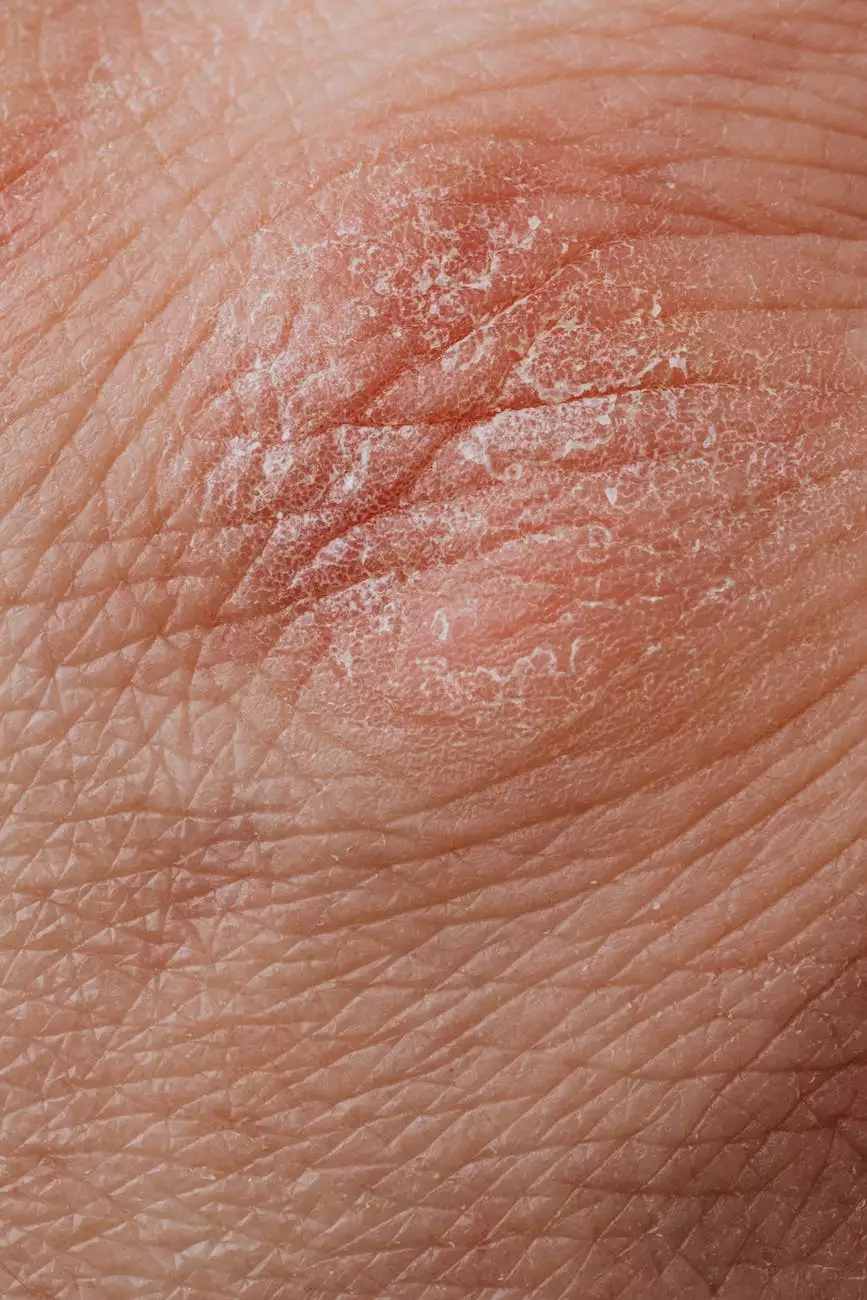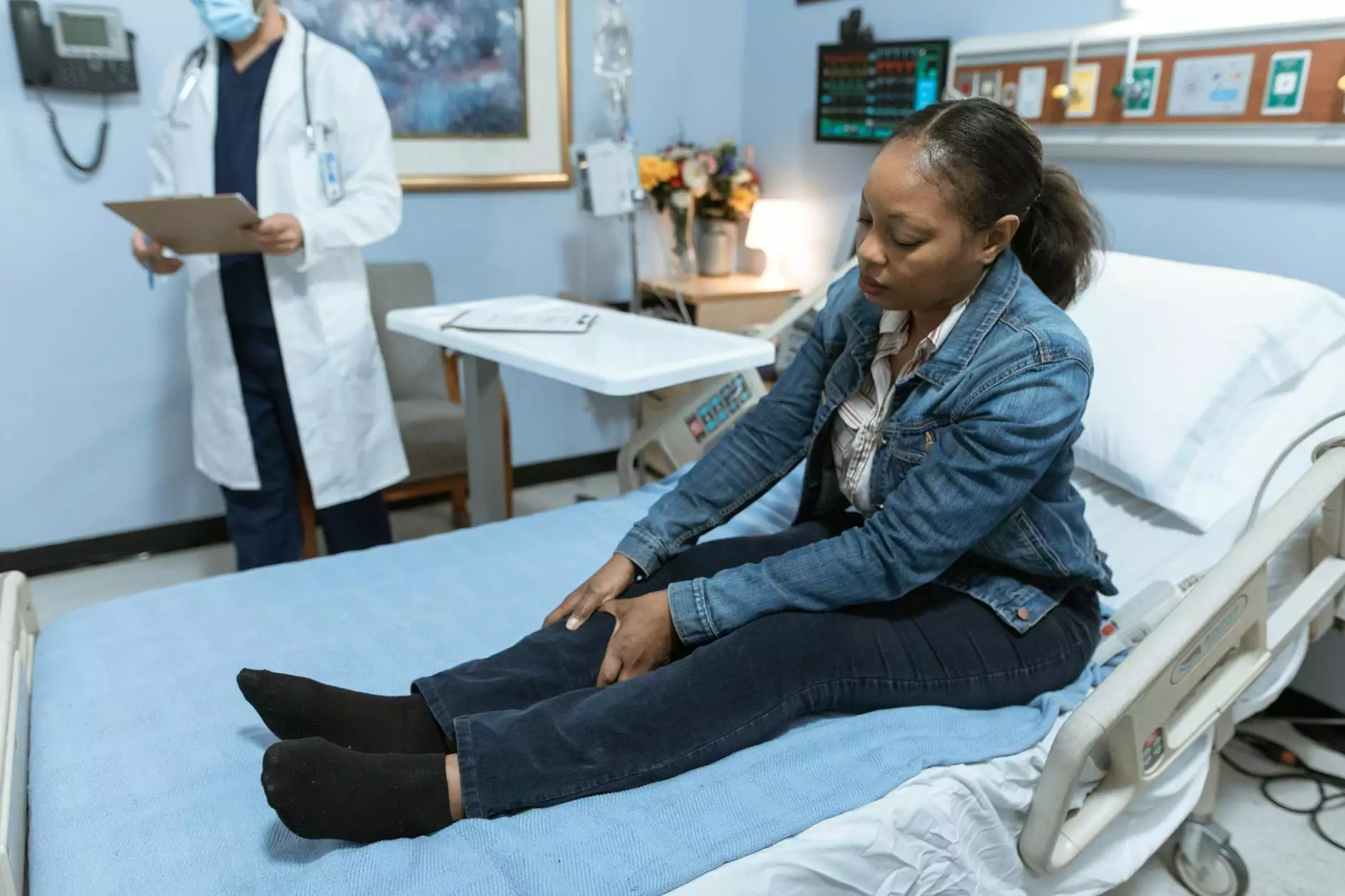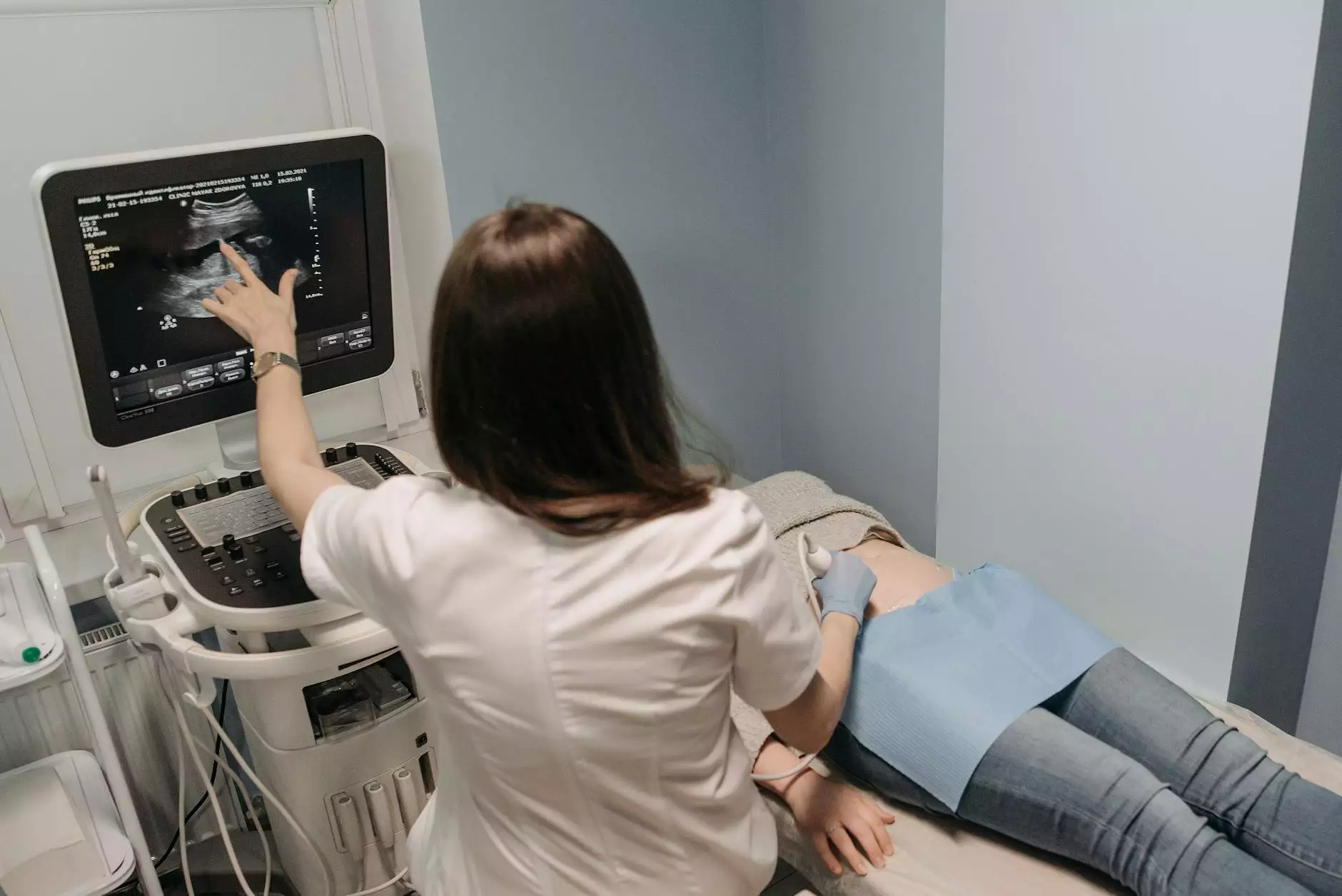Facts about Rosacea: The Skin Disease with Bay Regional Medical Center
Wayne Health
Introduction
Welcome to Bay Regional Medical Center's informative page on rosacea, a chronic skin condition affecting millions of people worldwide. In this comprehensive guide, we will explore the causes, symptoms, treatment options, and prevention strategies for this common skin disease. Our goal is to provide you with valuable insights and knowledge to help you better understand and manage rosacea.
Understanding Rosacea
Rosacea is a chronic and inflammatory skin disease that primarily affects the face, causing redness and visible blood vessels. It often begins with prolonged facial flushing, which may progress into persistent redness. While the exact cause of rosacea is still unknown, experts believe it is influenced by various genetic, environmental, and lifestyle factors.
Causes of Rosacea
Although the precise cause of rosacea remains elusive, researchers have identified several potential triggers and risk factors:
- Genetics: Family history plays a significant role in rosacea development.
- Dermatitis: Certain forms of dermatitis can lead to rosacea flare-ups.
- Abnormalities in Facial Blood Vessels: Blood vessels that are more prone to dilation and flushing may contribute to rosacea.
- Dysfunction of the Immune System: An overactive immune response might contribute to the development of rosacea.
- Demodex Mites: These microscopic organisms that naturally reside on the skin may trigger an inflammatory response in individuals with rosacea.
Symptoms and Diagnosis
Rosacea manifests with various signs and symptoms, which may differ from person to person. Common symptoms include:
- Facial redness and flushing
- Bumps and pimples resembling acne
- Visible blood vessels
- Burning or stinging sensation
- Sensitivity to certain skincare products
- Watery or irritated eyes
If you suspect you have rosacea, it is crucial to consult a qualified dermatologist who can provide an accurate diagnosis. The dermatologist will assess your medical history, examine your skin, and may perform additional tests to rule out other possible conditions.
Treatment Options
While there is no cure for rosacea, several treatment approaches can effectively manage its symptoms and minimize flare-ups:
Topical Medications
Prescription creams and gels containing ingredients like azelaic acid, metronidazole, and sulfur can help reduce redness and inflammation.
Oral Medications
In more severe cases, your dermatologist may prescribe oral antibiotics or isotretinoin to control symptoms.
Laser and Light Therapies
Advanced laser and light-based treatments can effectively target and minimize visible blood vessels, reducing facial redness.
Lifestyle Modifications
By identifying and avoiding triggers such as spicy foods, hot beverages, alcohol, and excessive sun exposure, individuals with rosacea can manage their symptoms more effectively.
Prevention Strategies
While prevention of rosacea may not be entirely possible, certain lifestyle changes can help reduce the frequency and severity of flare-ups:
Gentle Skincare Routine
Adopt a gentle skincare routine using mild cleansers and fragrance-free products specifically formulated for sensitive skin.
Sun Protection
Shield your face from the sun's harmful rays by applying broad-spectrum sunscreen, wearing a wide-brimmed hat, and seeking shade during peak hours.
Identify and Avoid Triggers
Keep a diary to identify triggers that worsen your symptoms, such as stress, certain foods, or beverages, and make necessary adjustments to your lifestyle.
Manage Stress
Practicing stress-management techniques, such as meditation, yoga, or deep breathing exercises, can help reduce the likelihood of stress-induced flare-ups.
Conclusion
At Bay Regional Medical Center, we aim to provide comprehensive information about rosacea, empowering individuals with valuable insights to manage their condition effectively. Remember, early diagnosis and timely treatment are crucial in minimizing the impact of rosacea on your daily life. Consult with our experienced dermatologists to develop a personalized treatment plan tailored to your specific needs. Together, we can help you regain control and confidence in managing rosacea.




